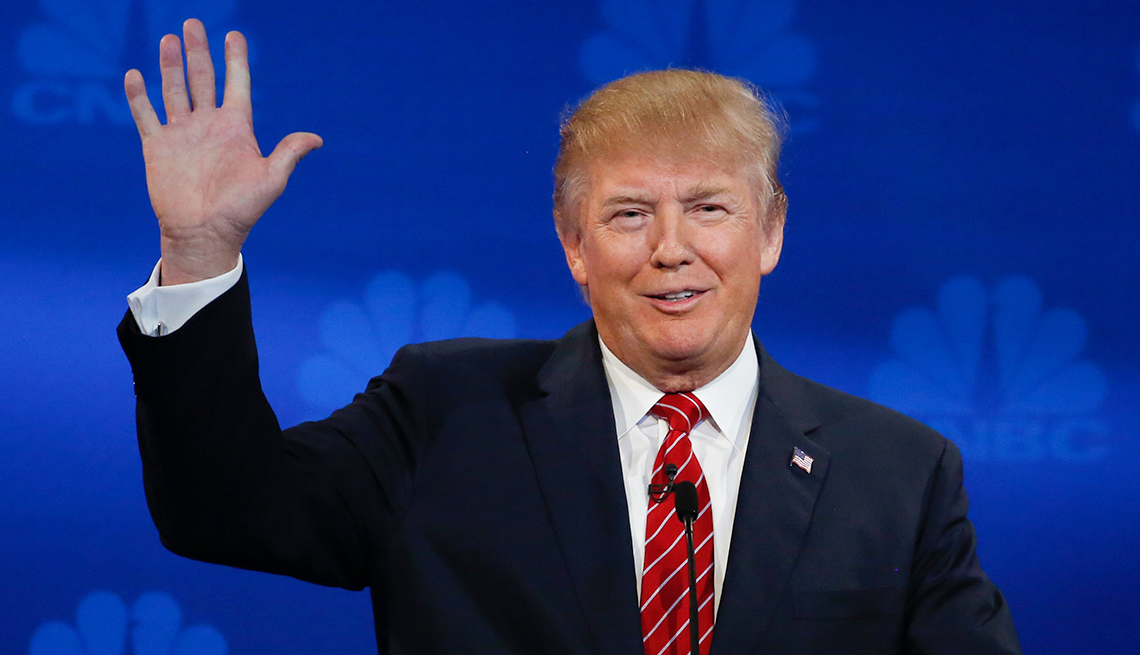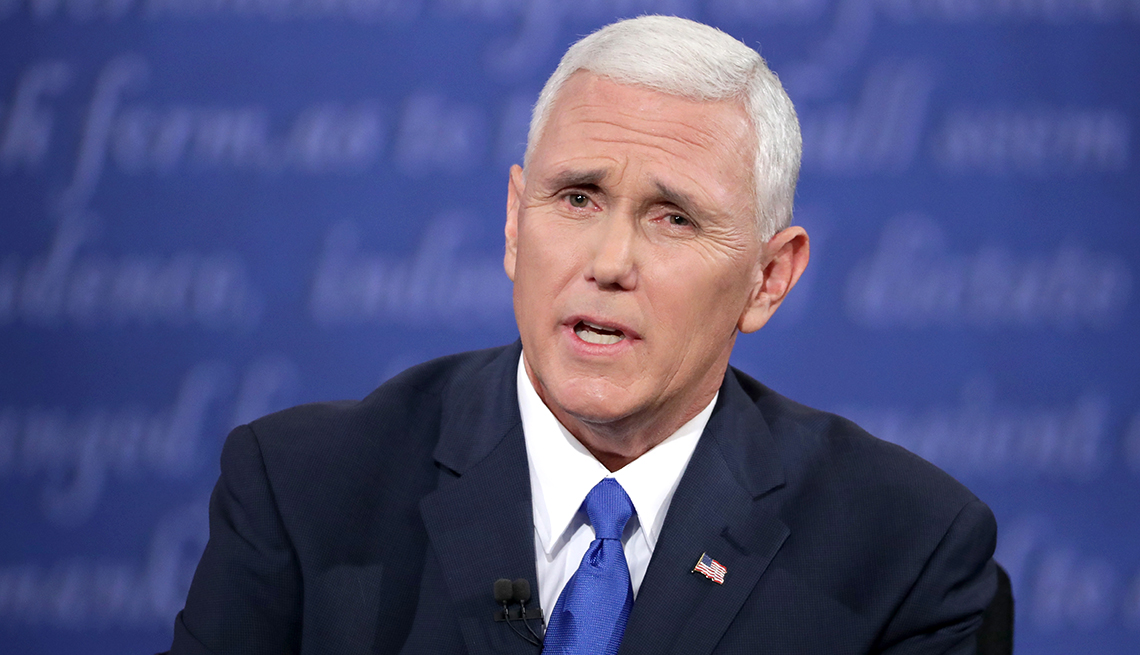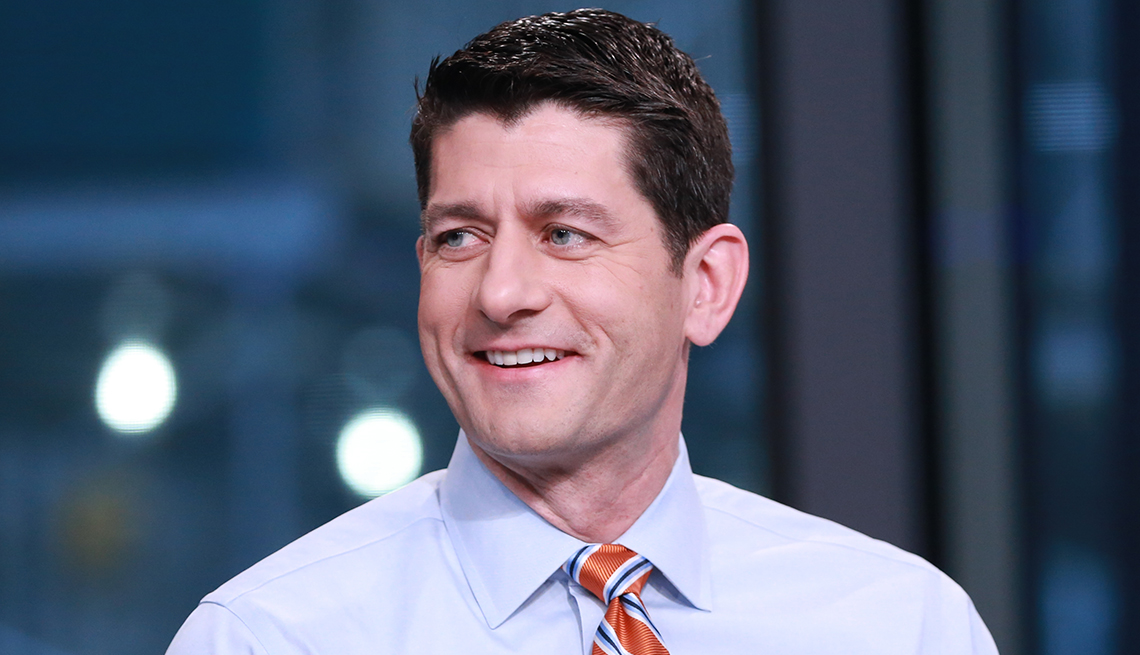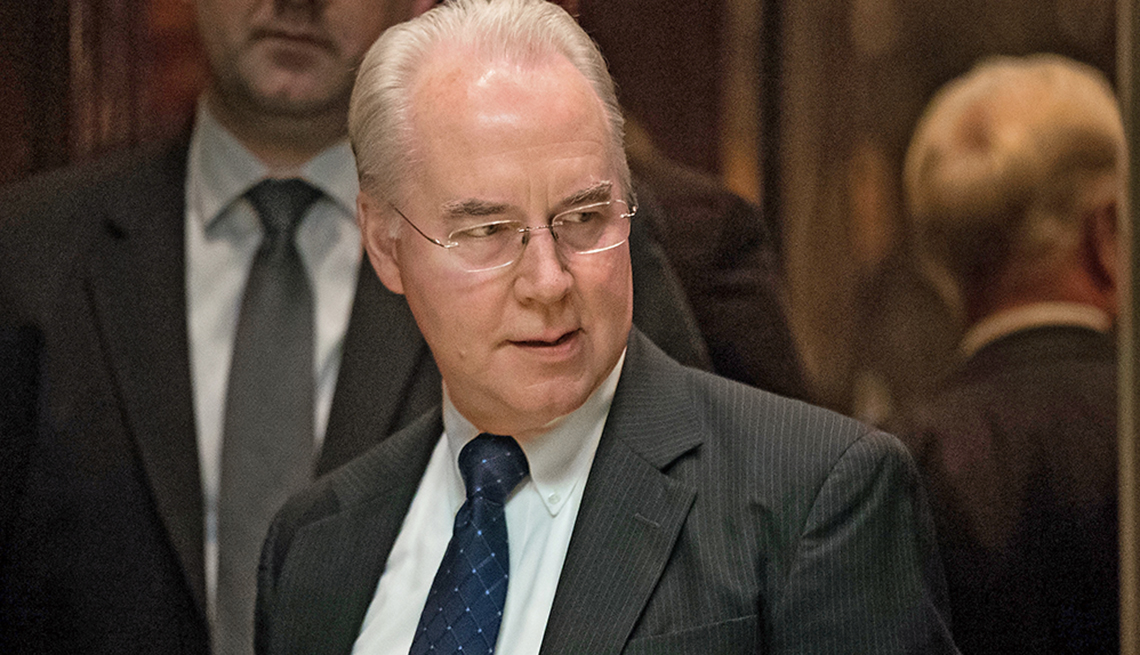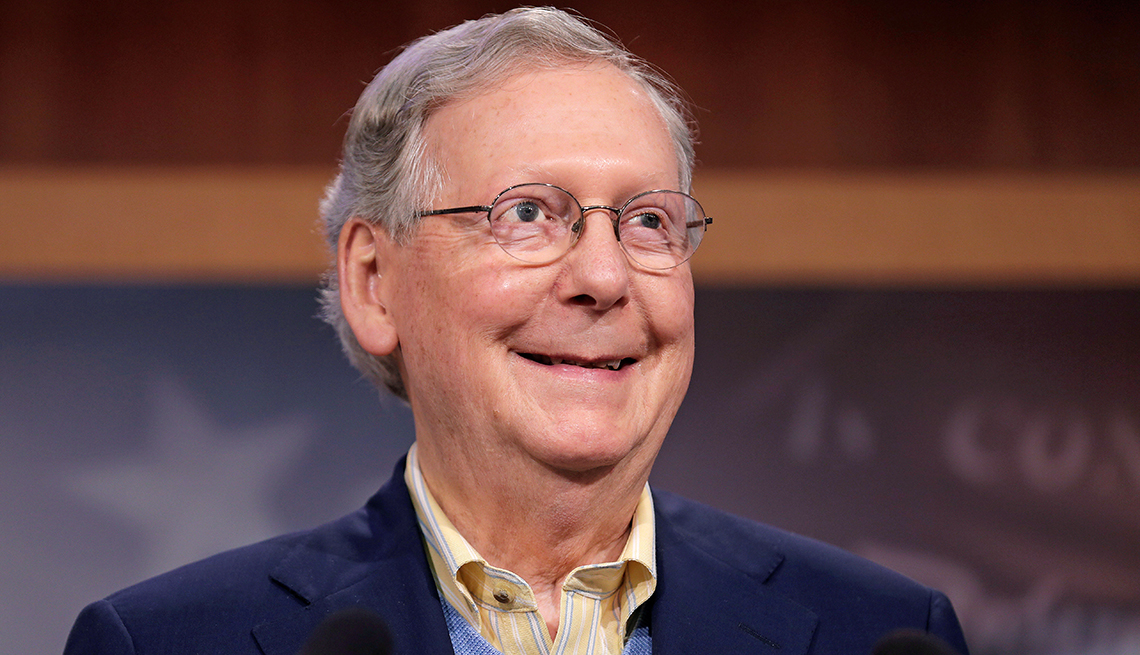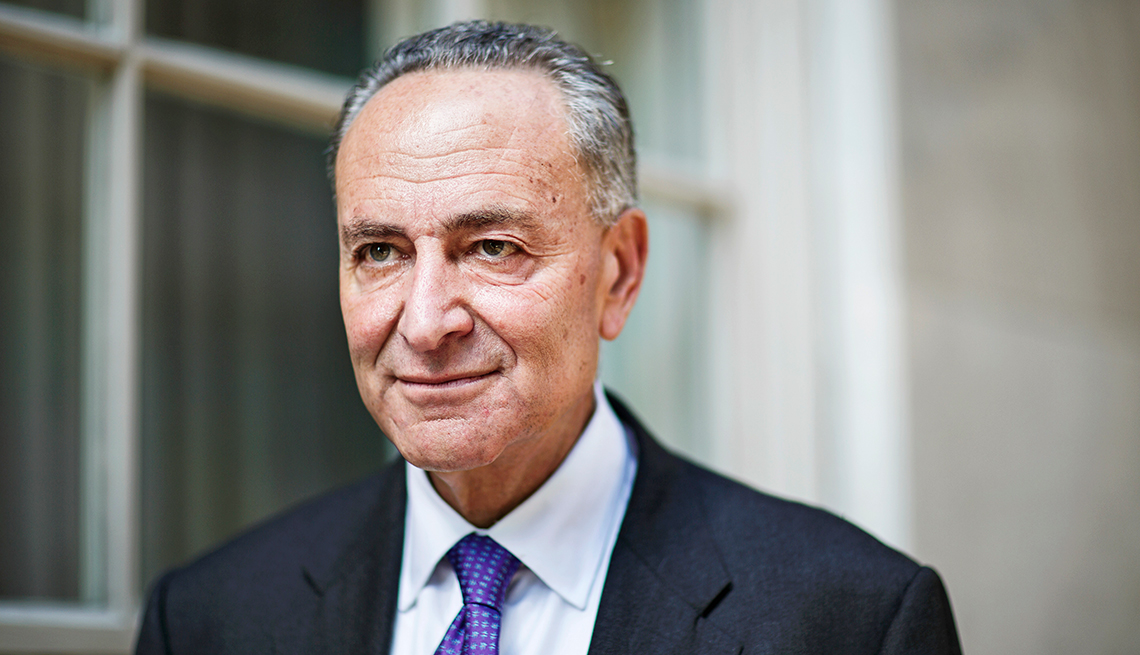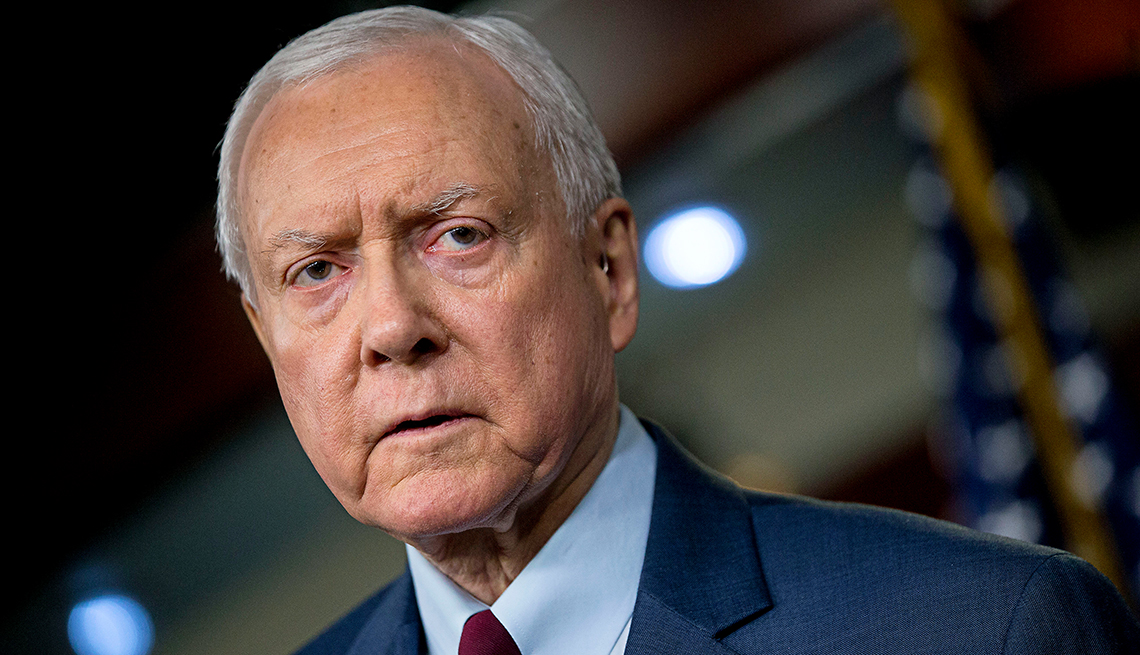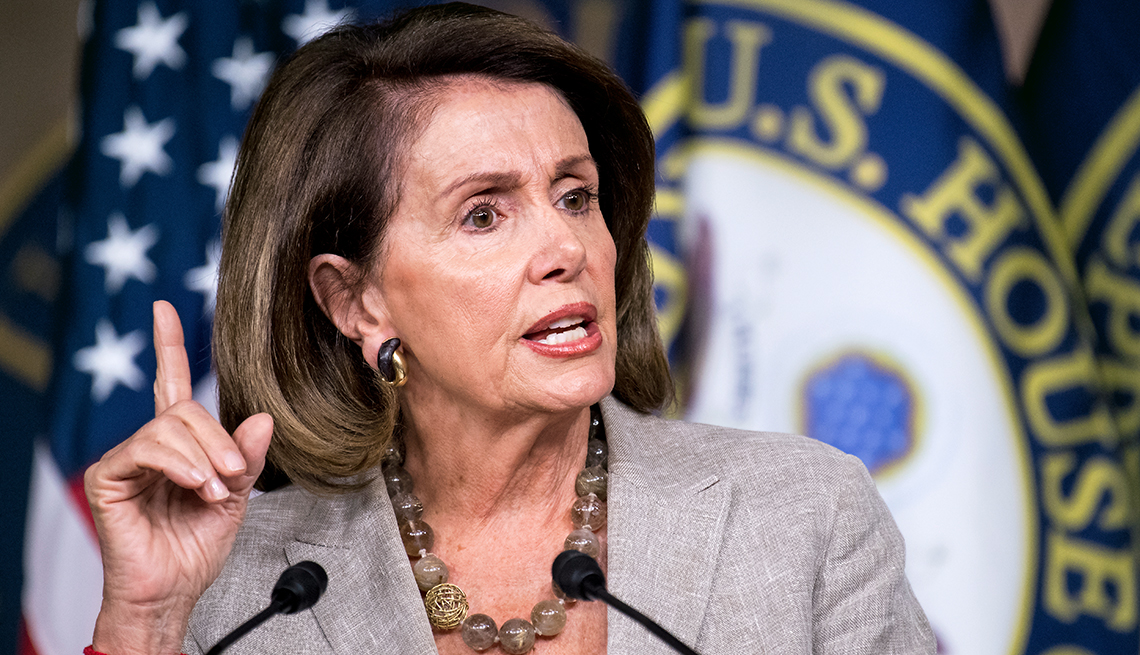The Players in the Medicare Debate
The future of the program rests in the hands of a small group with widely differing views
The Terms to Know
Premium support program
The term used to describe the most widely discussed Republican plan for Medicare. Under this proposal, rather than a guaranteed benefit package, the government would provide a fixed dollar amount to users, who could then choose among competing private health insurance plans. Supporters say this would stimulate greater price competition among insurers and ultimately cut consumer costs.
Voucher system
Opponents often use this term instead of premium support, though both refer to the same thing. Critics say vouchers would not purchase as much health care for beneficiaries as the current system provides, and would shift more costs to seniors without guaranteeing benefits.
Privatization
This refers to an approach to move Medicare beneficiaries into private health insurance. (Currently, about a third of Medicare beneficiaries are enrolled in private Medicare Advantage plans, but these plans must still meet the guaranteed benefit standards of traditional Medicare.)
Medicare trust fund
Medicare payroll taxes go into one fund, which is used to pay hospitals and rehabilitation facilities (Part A). The other fund for doctors’ services (Part B) and prescription drugs (Part D) comes from premiums paid by beneficiaries and general tax revenues.
Trust fund solvency
This refers to whether the Part A fund is sufficient to pay the hospital expenses of beneficiaries going forward. This fund is projected to be able to pay full benefits through 2028, but only 87 percent beyond 2028.

